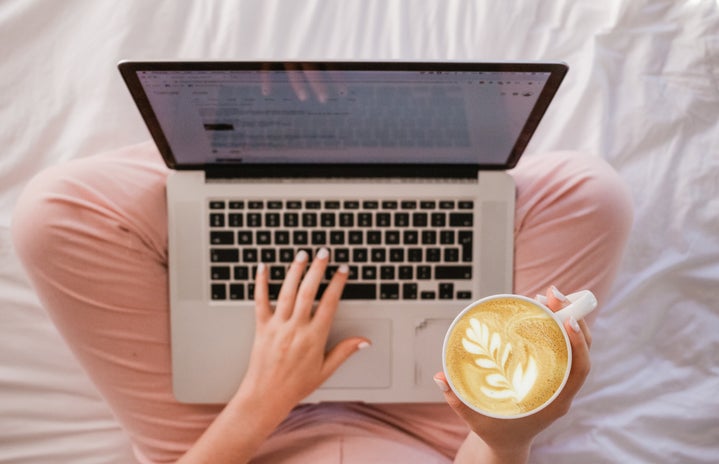When I was around eight years old, I started using social media for the first time when I created a Facebook account. Like many people from Generation Z, I rely on social media to keep up with the outside world and contact loved ones. My screen time averages around 9 hours a day, and I haven’t even downloaded TikTok yet. While everyone always talks about the downside of social media and how being addicted to social media can be incredibly damaging, I wanted to highlight how social media taught me to be a better person.
Before Social Media
My time at primary school was not fun. I was an awkward and shy child, so making friends was brutal for me. I was also bullied and teased a lot, and my Dora the Explorer haircut didn’t make things easier for me. Back at home, my family was out working while my brother was going through the “don’t-talk-to-me” phase. Overall, kid-me did not have a good time and was desperate for more social interaction.
I mainly joined social media because everyone around me did. My classmates were all starting to create accounts and were asking others to do so too. Everyone was trying to get the most friends on Facebook, which was the equivalent of people wanting as many followers as possible on TikTok. So, I just followed along but ended up having a pretty good time.
What Social Media Taught Me
In the beginning, I only used social media (which was just Facebook) to play games and look at cringy funny posts. Besides keeping me company and providing entertainment, it didn’t do much for my personal development. But over time, I started joining more social media apps, and that’s where things changed.
From there, I learned that I had been sheltered all my life. While I live in a diverse country, I was too young and naïve to notice the injustices around me. My parents also never discussed these sensitive topics, so I was pretty much left in the dark. Even if there were people around me to talk about these things, I was too timid to ask anyone; social media provided the anonymity I needed to get past my social anxiety to learn. While I wasn’t a complete idiot on these topics, my knowledge had been surface-level. If it weren’t for my explore page displaying social justice accounts, I wouldn’t have learned just how in-depth and complex these issues were, such as how the fashion industry disproportionately impacts Third World countries. From there, I realized just how oppressive and problematic institutions can be. I also learned about topics I never would’ve learned in schools, such as systemic racism and slave labour.
Another aspect of learning through social media was the abundance of representation and perspective that my school textbooks could never provide. I got to see how problems personally affected people and how they impacted their everyday life. Not to mention, social media has the diversity the formal education system could only dream of. Textbooks only ever give us the opinions of scholars and the educated, whereas, in social media, you would mostly see the views of everyday people. This distinction is crucial since it makes these oppressions sound more like a current problem than a debate. Sometimes I feel like textbooks make it seem as though racism and sexism are a thing of the past, but social media completely dismisses that mindset. All in all, social media (especially Instagram) expanded my views and morals to be more intersectional.Besides that, social media is fun. School can frequently suck the fun out of your hobbies and passions through the never-ending assignments, unintelligible readings, and demanding professors. Not only does social media make things more entertaining and enticing to learn, but it also explains topics in a concise, understandable, and humorous manner. Because of this, I was able to learn more about mental and emotional health, as well as learn ways to regulate them. This makes learning more accessible, which education should be. Social media provides education without the pretentiousness often associated with formal academics (why do university readings use such unnecessarily complicated words?!).
Final Thoughts
While social media can be harmful when interacting with the wrong platform and demographic, I wouldn’t associate it with the Devil. I’ve been using social media for more than a decade, and it’s still helping me learn new things every single day. Social media usage has been beneficial to my growth journey and, in turn, is helping me be a better human being. It taught me to be a more understanding, educated, compassionate, and empathetic person at a fast rate. I wouldn’t have learned so fast and so much if it wasn’t for those informative posts.
Social media has always been fun for me (except for those posts that say you’ll get cursed if you didn’t reshare them) and opened many opportunities. If it weren’t for Discord, I would’ve never known about Her Campus and never would’ve interacted with such an incredible group of people during my college years. It’s also changed the trajectory of my life for the better. I probably wouldn’t be pursuing my major and found my passion if not for social media. I solidified my choice to major in International Relations after seeing an informative Twitter thread on the corruption of the diamond and jewelry industry. It would be an understatement to say social media helped shape my path in life.


